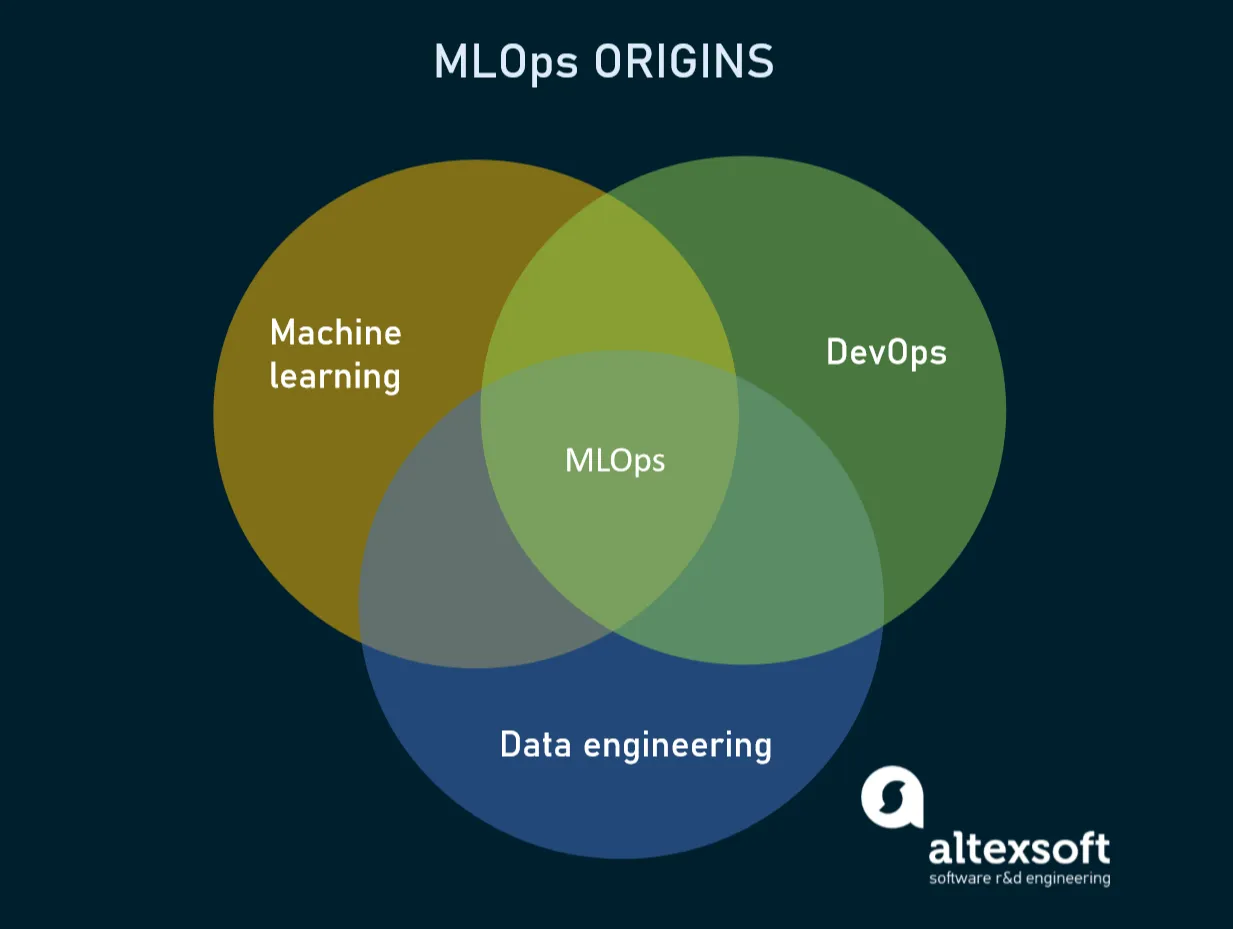MLOps is a term you have probably started hearing increasingly often in the machine learning space — and for good reason.
MLOps is a set of techniques for putting models built by data science and machine learning engineering teams into production. It’s similar to DevOps in many ways, also centering on automation, collaboration between teams, and continuous processes for testing and delivery.
Industry awareness of MLOps is growing, as more and more businesses realize that the hacky, works-on-my-machine workflows that data scientists can use to quickly leverage newly built models internally do not scale to the large datasets, user demands, and business oversight that come with production deployments into enterprise products.
Unified experiment management
ML typically involves people from several different roles working together — data scientists, software engineers, analysts, and project managers. This means there are often many moving parts and interdependencies, and as a result, cross-team communication becomes especially important.
The first need most ML teams manifest is the need for a centralized model training and evaluation platform. Moving individual ML experiments away from individual contributors’ machines and into a shared communal space enables access for the entire team, facilitating the ability to easily bring up one another’s work whenever needed.
This is critically important for non-technical stakeholders and business leaders, who need to make on-the-fly decisions based on a project’s progress and potential. A shared space for viewing and reviewing experiments removes one or more steps from the communications processes that the front office relies on, allowing for better, faster business decisions.
Of course, there are benefits on the engineering side, too. Shared experiment tracking encourages best practices like code and model review, which allow teams to share expertise and build better models faster. Unified experiment management doesn’t require abandoning local workflows either — features like Spell’s Private Machine Types wrap experiments run on local machines and ones run on cloud machines with the same process, allowing model-builders to share experiments with the rest of the team across environments.
#mlops #machine-learning #devops #heartbeat #business-strategy
